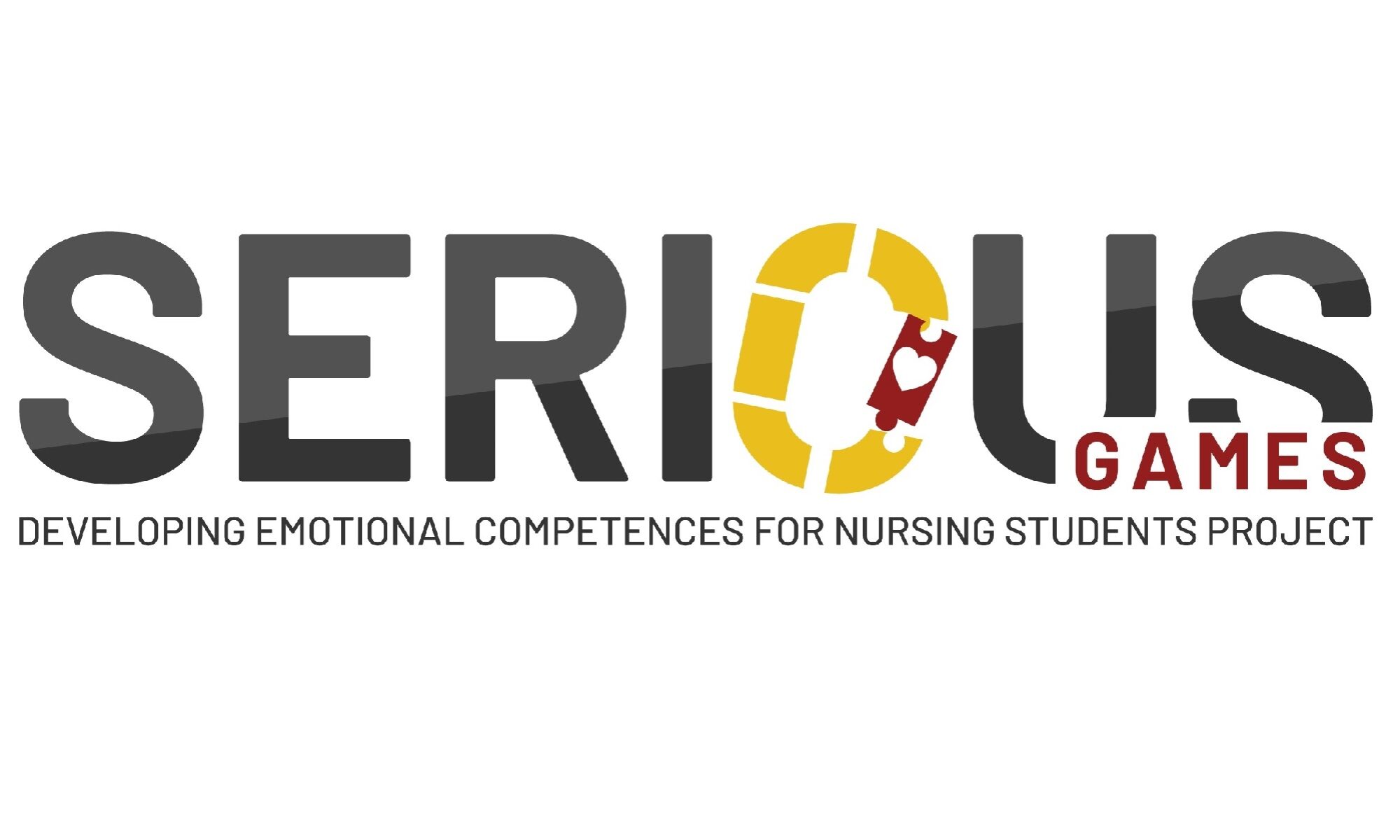
Emotional Intelligence determines the ability to recognize, understand, and express emotions and feelings, which is a structuring element in the conception and implementation of nursing care and clinical practice. The project background considers that the ability to manage your own emotions during interactions with patients is a useful skill in any caring environment for nursing students. However, Emotional Intelligence has been neglected in nursing education. Incorporating it into the curriculum will give nurses a greater understanding of themselves and the way they relate to others, particularly in highly challenging situations. The undergraduate Nursing course dedicates 50% of its curriculum to learning in the clinical context. Training in a real context of care requires a prior preparation, with a high degree of fidelity through a simulated practice that allows the initial development of professional skills structuring for the professional exercise.
Some authors relate Emotional Intelligence to important areas of practice such as clinical decision-making, collegial relationships, clinical environment knowledge utilization and inter-professional relationships at multiple levels.
Furthermore, two things resonate throughout the literature dealing with Emotional Intelligence: (1) The effect and consideration of emotion, which is viewed as an essential skill for critical decisions, and (2) the notion that Emotional Intelligence is central to quality clinical decision-making.
By utilizing a broad base of nursing knowledge, nurses make high-level critical decisions that directly impact patient care. The serious games (SG) interface will create a virtual clinic learning environment, add a new dimension to pedagogy and affords unique methods and conditions for instruction that are not easily replicated with more traditional educational modalities.
The major outputs of the serious games are as follows:
(1) to create a low-risk environment for students to practice critical reasoning and problem-solving;
(2) to allow students with different schedules and locations to learn online at their own pace and rhythm;
(3) to present content designed to reflect patients and scenarios that students may not otherwise encounter;
(4) to create highly reusable content that can be shared with international audiences to expand global health opportunities. The serious games introduce a simulated clinic setting and each section of the game is programmed to guide players in the methods used to develop Emotional Competence (EC). Specific aspects that are critical to formulating a correct care management plan are tested within each case.
However, to do so it also necessary training sessions for nursing teachers to develop pedagogical skills and knowledge in the Emotional Intelligence field and competences for using serious games has a pedagogical methodology.

